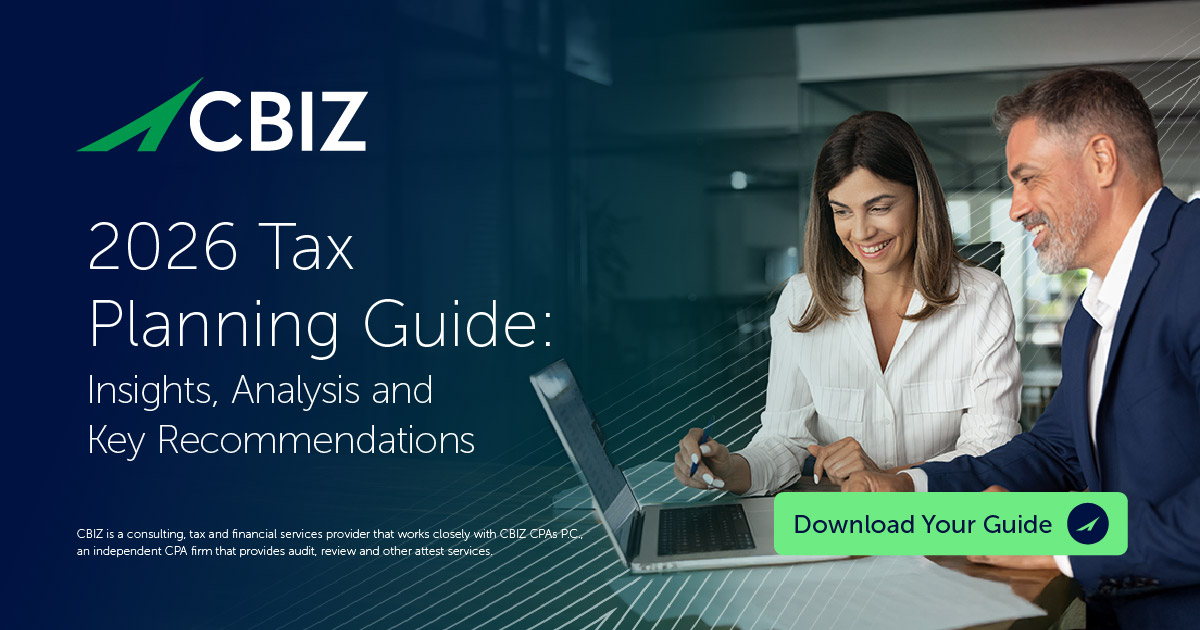During 2025, the government scored significant victories in litigated cases in both the Supreme Court and the Tax Court. These cases curtailed taxpayers’ rights to challenge IRS authority in collection due process hearings and to avoid self-employment tax using the limited partner exception found in the express language of the Internal Revenue Code (IRC). So, what happened?
Commissioner v. Zuch, 605 U.S. 422 (2025)
Normally, when a taxpayer files a collection due process (CDP) petition with the Tax Court contesting a levy, the Tax Court has jurisdiction to determine whether the taxpayer owes the tax that is the source of the IRS levy. In this case, the Supreme Court held that because the IRS received payment in full through subsequent years’ overpayments applied to the liability, and as a result withdrew the levy, the Tax Court no longer had jurisdiction to hear the CDP case. The Supreme Court summarized the case and its decision as follows.
This case involves the jurisdiction of the Tax Court over appeals from collection due process hearings when there is no longer an ongoing levy. The dispute here began in 2012, when Jennifer Zuch and her then-husband Patrick Gennardo each filed an untimely 2010 federal tax return. Gennardo subsequently submitted an offer in compromise to resolve outstanding tax liabilities. This offer implicated $50,000 in estimated tax payments that the couple had previously sent to the IRS; following the offer, the IRS applied these payments to Gennardo’s account. For her part, Zuch later amended her 2010 tax return to report additional income, which resulted in an additional $28,000 in taxes due. But Zuch maintained that the IRS should have credited the couple’s $50,000 payment to her account, entitling her to a $22,000 refund. The IRS disagreed and sought to collect her unpaid taxes by placing a levy on her property pursuant to its authority under IRC § 6331(a). Zuch requested a collection due process hearing to contest the levy. The appeals officer rejected Zuch’s argument about the misapplied $50,000 tax payment and issued a Notice of Determination sustaining the levy action under IRS § 6330(c)(3). Zuch then appealed to the Tax Court under IRC § 6330(d)(1). During the multiyear proceedings before the agency and the Tax Court that followed, Zuch filed several annual tax returns showing overpayments. Each time, the IRS applied these overpayments to her outstanding 2010 tax liability rather than issuing refunds. Once Zuch’s liability reached zero, the IRS moved to dismiss the Tax Court proceeding as moot, arguing that the Tax Court lacked jurisdiction because the IRS no longer had a basis to levy on Zuch’s property. The Tax Court agreed. But on appeal, the Third Circuit vacated the dismissal, holding that the IRS’s abandonment of the levy did not moot the Tax Court proceedings.
The Supreme Court held that the Tax Court lacks jurisdiction under IRC § 6330 to resolve disputes between a taxpayer and the IRS when the IRS is no longer pursuing a levy.
Soroban Capital Partners, LP et al v. Commissioner (T.C. Memo 2025-52)
On May 28, 2025, the Tax Court ruled in Soroban Capital Partners, LP et al v. Commissioner (T.C. Memo 2025-52) that three individual “limited partners” of an investment management fund could not avoid having their distributive shares of the fund’s income sheltered from self-employment (SE) tax. The “Limited Partner exception” (IRC § 1402(a)(13)) exempts limited partners, as such, from the SE tax. Unfortunately, Congress did not define a “limited partner” for purposes of the exception.
This was the second Tax Court decision affecting Soroban Capital Partners. On Nov. 28, 2023, the full Tax Court first ruled against Soroban in finding that while one may have the title of “limited partner” for state law purposes, the state law designation does not control for federal tax purposes (e.g., the limited partner exception to SE tax). The Tax Court further ruled that a “functional analysis test” was required to ascertain one’s status as a limited partner.
Shortly before the Tax Court’s second decision in Soroban, the Tax Court considered this test in separate legal proceedings involving a different taxpayer. In Denham Capital Management LP v. Commissioner (T.C. Memo 2024-114), the “functional analysis test” was performed to examine the relationship between the limited partner and the partnership to ascertain whether the limited partner is generally akin to a passive investor. In ruling against the taxpayer in Denham, certain factors were identified by the Tax Court as being relevant. Armed with this additional precedent, the Tax Court in Soroban analyzed many of those same factors:
- Sources of income and the partners’ roles in generating that income
- Relationship between distributive shares of income and any capital contributions made by the partners
- Extent to which the partners’ time, skills, and judgment were essential to the partnership’s income
- Roles that the partners played in the business, e.g, whether they served as employees, sat on committees, possessed the authority to bind the partnership, or took part in personnel decisions
- Time devoted to the business
- How the partnership advertised itself to the public, and whether it advertised any specific skills or expertise of the partners
Based on this analysis, the Tax Court concluded that the three individuals were limited partners “in name only,” and could not avail themselves of the exception from SE tax.
Learn how CBIZ supports tax controversy and dispute resolution.
© Copyright CBIZ, Inc. All rights reserved. Use of the material contained herein without the express written consent of the firms is prohibited by law. This publication is distributed with the understanding that CBIZ is not rendering legal, accounting or other professional advice. The reader is advised to contact a tax professional prior to taking any action based upon this information. CBIZ assumes no liability whatsoever in connection with the use of this information and assumes no obligation to inform the reader of any changes in tax laws or other factors that could affect the information contained herein. Material contained in this publication is informational and promotional in nature and not intended to be specific financial, tax or consulting advice. Readers are advised to seek professional consultation regarding circumstances affecting their organization.
“CBIZ” is the brand name under which CBIZ CPAs P.C. and CBIZ, Inc. and its subsidiaries, including CBIZ Advisors, LLC, provide professional services. CBIZ CPAs P.C. and CBIZ, Inc. (and its subsidiaries) practice as an alternative practice structure in accordance with the AICPA Code of Professional Conduct and applicable law, regulations, and professional standards. CBIZ CPAs P.C. is a licensed independent CPA firm that provides attest services to its clients. CBIZ, Inc. and its subsidiary entities provide tax, advisory, and consulting services to their clients. CBIZ, Inc. and its subsidiary entities are not licensed CPA firms and, therefore, cannot provide attest services.
















